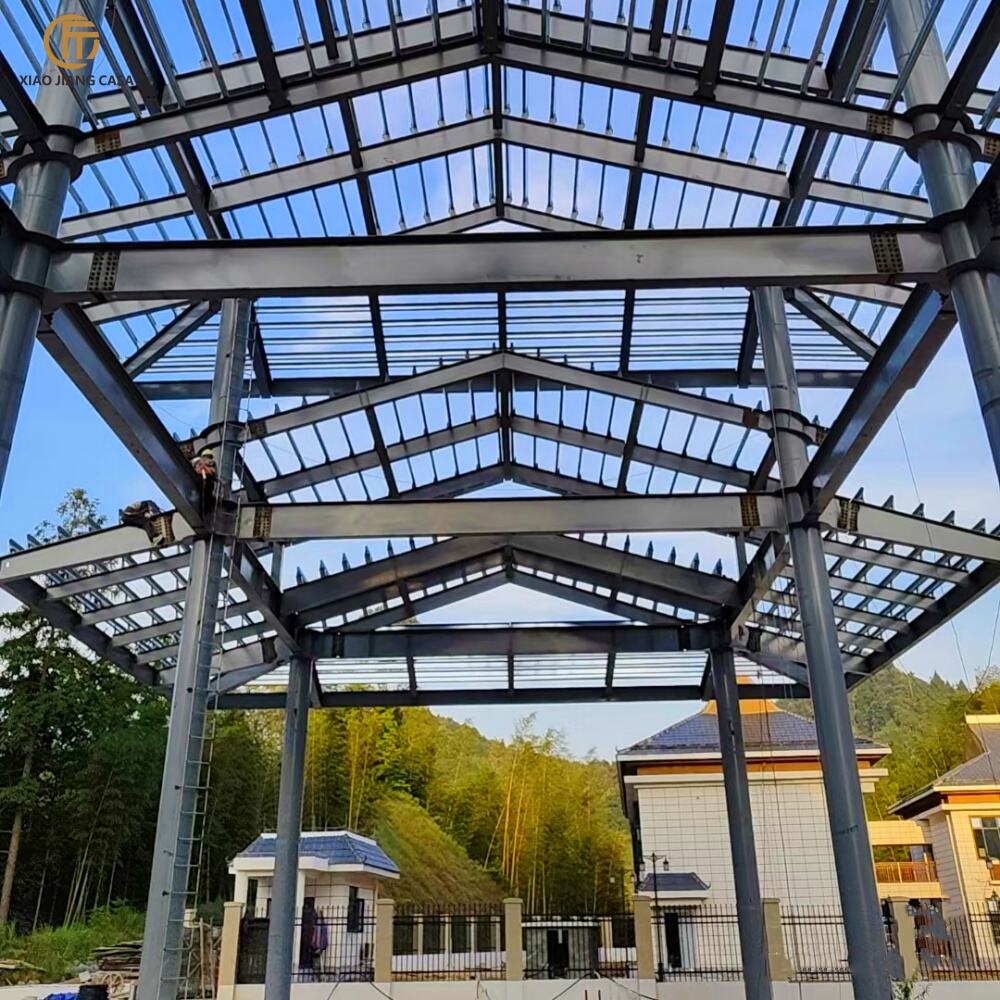Ecofriendly modular houses combine the efficiency of modular construction with sustainable design principles, creating residential structures that minimize environmental impact throughout their lifecycle. These homes are built using prefabricated modules manufactured in controlled factory settings, reducing waste by up to 30% compared to traditional construction through precise material usage and recycling of excess materials. The modules themselves are constructed with eco-friendly materials, such as sustainably sourced wood, recycled steel, bamboo, or low-VOC (volatile organic compound) composites, which reduce reliance on virgin resources and lower indoor air pollution. Energy efficiency is a core feature, with modules designed to include high-performance insulation, double or triple-glazed windows, and airtight construction that minimizes heat loss and gain, reducing the need for artificial heating and cooling. Many ecofriendly modular houses integrate renewable energy systems, such as solar panels, wind turbines, or geothermal heating, to further reduce carbon emissions. Water conservation is addressed through low-flow plumbing fixtures, rainwater harvesting systems, and graywater recycling, which reuse water from sinks and showers for irrigation. The modular design also supports adaptability, allowing homeowners to expand or modify the house as needs change, extending its lifespan and reducing the need for new construction. Exterior designs often incorporate green roofs or living walls, which absorb rainwater, improve insulation, and support biodiversity. By combining the speed and efficiency of modular construction with sustainable materials and technologies, ecofriendly modular houses offer a responsible, forward-thinking approach to homebuilding that prioritizes both environmental health and comfortable living.
